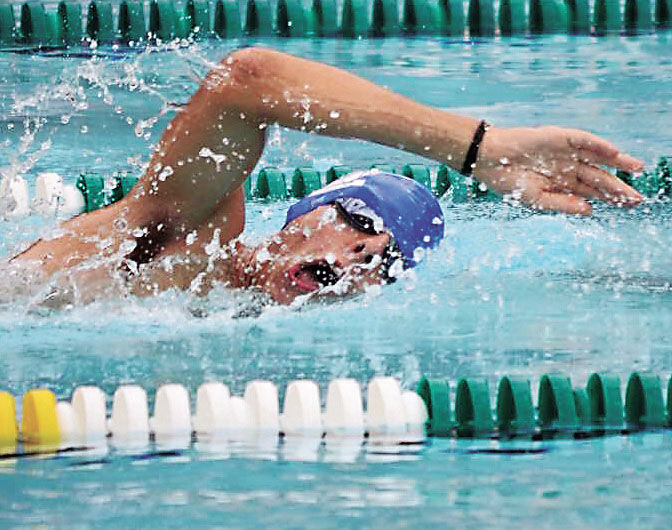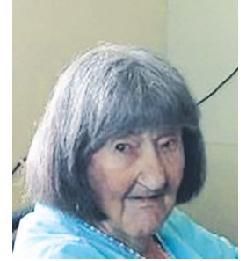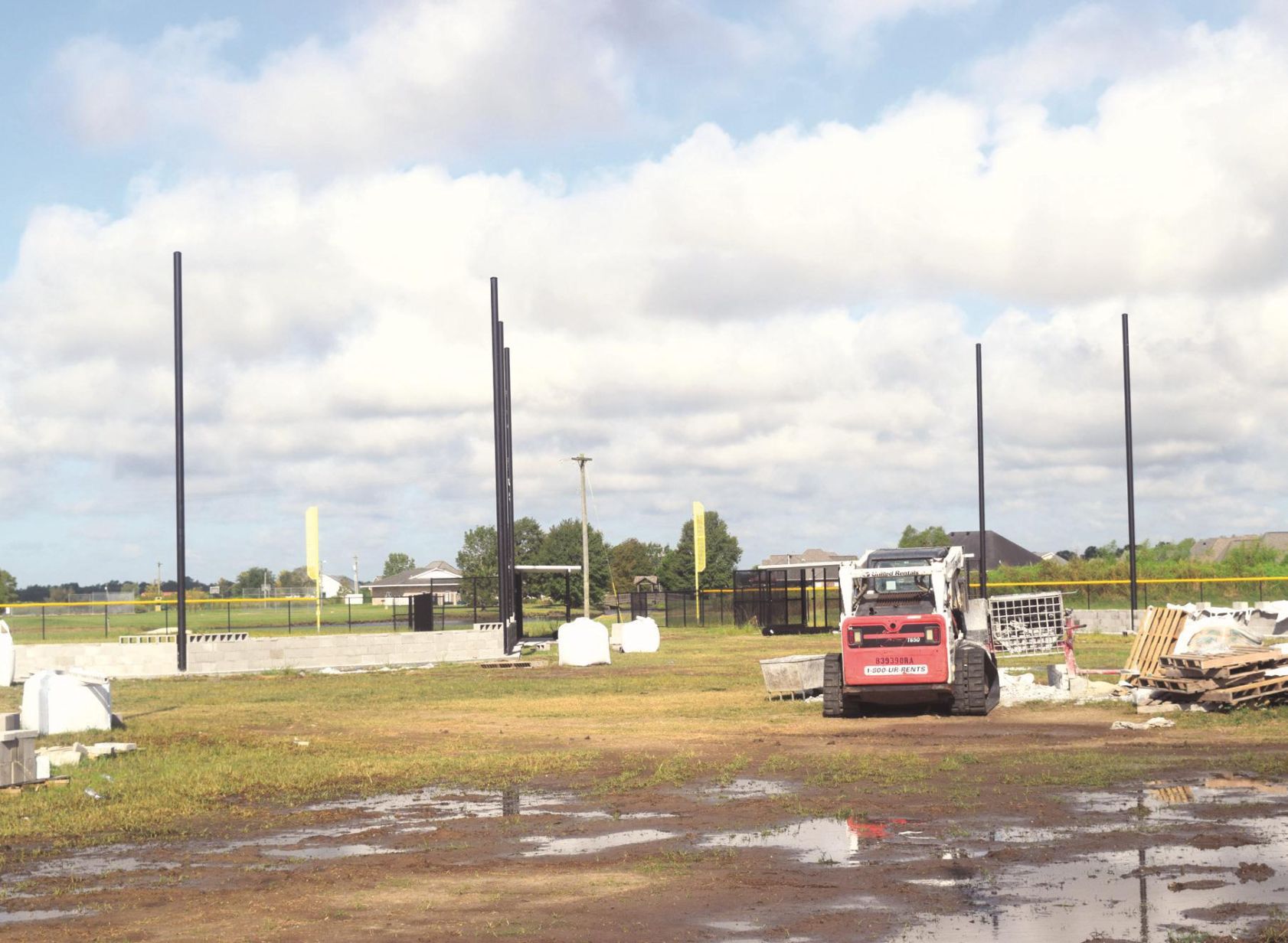
Swim meet results – Week 5
October 3, 2017
Walterine Foret
October 4, 2017The recreation district that will manage tens of millions of taxpayer dollars and grant funding for Terrebonne Parish’s biggest sports project ever took a step forward last week, following advice from the Terrebonne Parish District Attorney and presenting a meeting in accordance with a detailed agenda, while answering detailed questions about accountability.
Questions remain unanswered concerning the operation of Recreation District 2-3, following disclosures of failure to give the type of notice state law requires for public board meetings, as well as allegations of revolving around an employee’s pocketing of cash paid by softball teams for practice at a field, and for softball tournaments held at the field he manages. At least one complaint concerning those issues is being sent to the Louisiana Board of Ethics this week, along with requests for advisory opinions from two board members seeking to learn if their own em-
ployment by Terrebonne Parish Recreation poses a conflict.
And officials acknowledged to about 30 people packed into a field room at a Bayou Cane baseball complex that they don’t know where the money to finish the Bayou Country Sports Complex will come from, although they are committed at this point to helping girls’ softball move to the La. 311 project likely by spring of 2018.
“There is no money coming from the state, there is no money coming from the parish, and we don’t get but a millage of $400,000 each year,” board chairman Gary Beeson said. “If you are going to build something you have to have the money, you don’t build something without money, but we did.”
Still there is progress. Lights for softball will cost $650,000, and a bid may be forthcoming. A $250,000 grant for a water park was matched by the district.
“Everyone’s looking at this saying when’s it going to get built when is it going to get built, and it’s not going to be built until there is money to build it with,” Beeson said.
The goal now is to get something – anything – opened at the park. That will likely mean, Beeson said, that softball fields will be finished first.
Some parents balked, asking why there is no money for soccer.
“That’s what the parish wants us to do,” said Beeson. The current softball complex on Martin Luther King Jr. Boulevard, Beeson said, is dangerous for play because of traffic. A working softball component at the Bayou Country Sports Complex, he said, would allow the district to sell the current fields.
Questions from parents about pocketing of fees paid directly to field manager Daryl Karpninski remain. Beeson gave answers that conflicted in some ways with what other board members had said during prior interviews.
Jeff Modichek of Houma, whose daughters play on travel teams, asked why those teams can’t have open access.
“I have a great objection to having to pay the fee,” said Modichek, referring to the $25 Daryl Karpinski charged to allow access to fields at the MLK site. “You can’t sell access to a public facility, it doesn’t work.”
Beeson and other board member said they are merely allowing teams to pay Karpinski. They did not address the question of whether they feared Karpinskis’s $25 fees violate state ethics law.
Likewise, they did not address the question of his annual charging of $400 and in some cases less to be present during an softball tournament.
Deanna Cunningham, a board member of the team Louisiana Magic, made clear that she has no objections to Karpinski’s services or any money he might be paid.
Some parents chided Modichek and other parents saying that if they are part of a travel team they should be willing to pay fees.
To Modicheck, however, the idea of paying fees for a field his tax dollars already pay for is anathema.
Parents asked Beeson why workers like Karpinski all are scheduled from 8 am to 4 pm, rather than staggered to allow access with no charges.
While board members look more closely at the ethics questions, they said they will allow travel teams to practice on their fields as availability allows. They did not shut the door on establishing fees in the future. If that becomes the case then employees will be paid through their paychecks and not from cash that teams pony up.
But as the board members continue to get answers for themselves, other eyes are watching closely.
The precise role of the District Attorney’s office appears currently to be more related to light oversight as board members try to find their way into municipal orthodoxy. Hints in records already reviewed and utterances of board members indicate that contracts may have been signed or other actions taken as part of the board’s regular business, but not in the way that open meetings laws require.
“What we are doing right now is investigating this,” said Councilman Darrin Guidry. “We are doing investigations and administration is doing its own investigation. Agendas, employee practices, we are looking over the law, looking over news reports and requesting records ourselves, looking over the implications and deciding our recommended course of correction.”
“We are doing what we need to do as the agency that has final oversight over recreation districts, the governing authority,” he said.
“Everyone’s looking at this saying when’s it going to get build when is it going to get built, and it’s not going to be built until there is money to build it with.”











